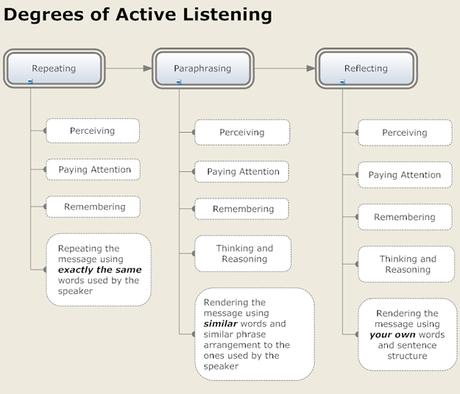
I remember the first time I realized I wanted to tell my stories, got angry and hurt inside when people wouldn’t listen, but wasn’t willing to listen to the stories of others.
Was that really me? Was I really that self-absorbed? That indulgent?
Did I think my stories were better? More interesting? Happened in more exotic locations?
The why was less important than the what – and the what was clear: I didn’t know how to really listen. I needed to learn, learn to listen to the stories of others. Give them the privilege and honor of recognizing their stories and their world as important. Listen to their stories, the narratives of their lives.
Ruth Van Reken, adult TCK and co-author of Third Culture Kids: Growing up Among Worlds is the person who articulated for me the need for the third culture kid to learn to listen. I was at a conference and Ruth was one of the featured speakers. I was looking forward to hearing her, but was expecting the talk to be somewhat depressing. After all, this was the woman who wrote Letters I Never Wrote – a sort of memoir of her own life in boarding school in Liberia and beyond.
She was great. She was funny and engaged us from the start. It was a personal story she told that opened my eyes to the importance of not just telling stories, but really listening to the stories of others. She talked about working as a fairly new nurse on an Alzheimer’s unit.
She said it was a perfect fit for her as a third culture kid: she didn’t know who she was and none of her patients knew who they were.They were all in this identity crisis thing together, though not from the same root cause.
Ruth told a story of leaving work one day and running into another nurse in the parking lot. The nurse was completely out of breath, she was late for work. As Ruth realized how distraught this woman was, she began asking questions, This is where I lose track of the details but keep the main point of the story, for that was Ruth’s moment of change. She suddenly realized that she wasn’t the only one with a story, all the people she worked with had stories too.
They might not be stories that happened in Liberia or London or in an airport en route to a destination far away. But they were stories of life lived hard; of life lived with sorrow and joy, anger and drama.
I walked away from that session sobered and challenged. There were stories, stories that I hadn’t heard because of my TCK arrogance. Stories that were waiting to be told.
I began the hard work of learning to listen — not fake listening, framing my response before the person had finished their story, but active listening. Listening with my body, listening with my mind, and listening with my spirit.
I will always have to work at listening. And I still love telling my stories, I always will. But I’m learning that it is a privilege to walk beside people in their life story; an honor to be told a story in any language and any country.
How have you learned to listen to the stories of others?

